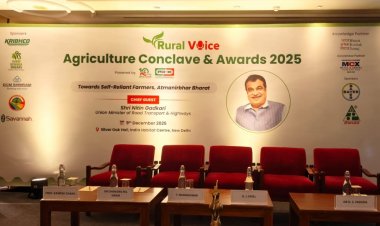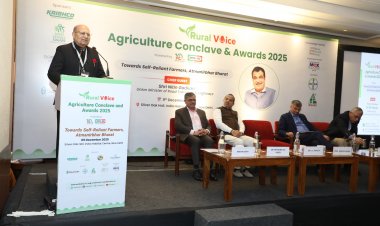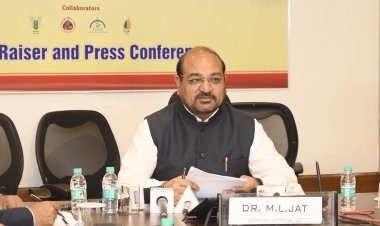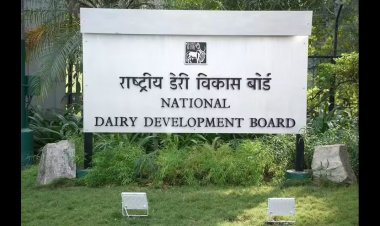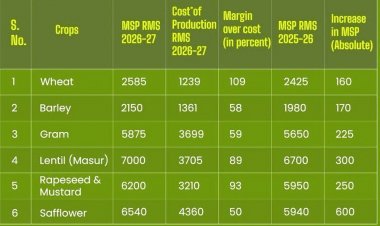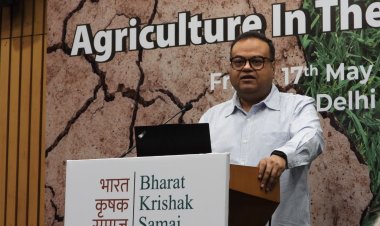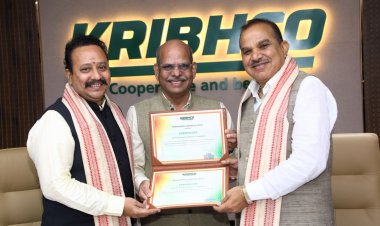15 "serious regulatory lapses" in nod to GM mustard: Report
The Coalition for GM-Free India has alleged that there have been 15 "serious regulatory lapses" in the appraisal and approval of Delhi University’s GM HT mustard. In its report ahead of a hearing by the Supreme Court on the matters related to the approval of GM HT mustard, the Coalition for a GM-Free India did not focus on GM mustard per se, but on the regulatory regime that appraised and approved GM mustard.
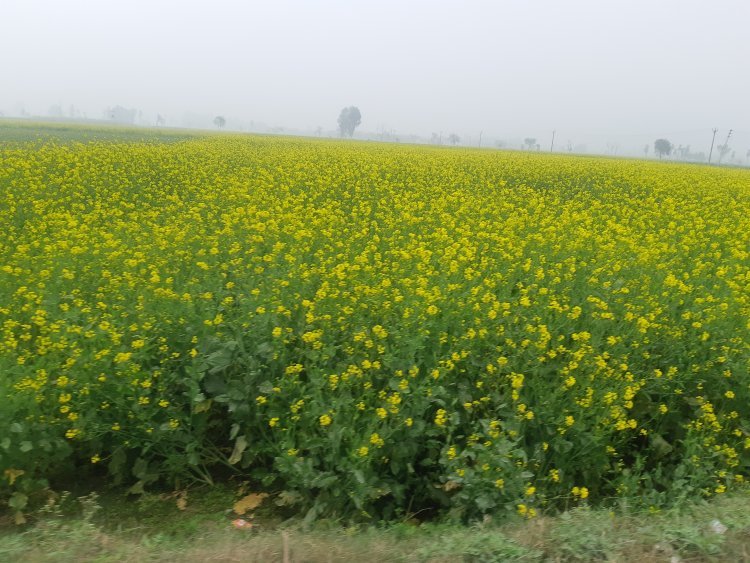
The Coalition for GM-Free India has alleged that there have been 15 "serious regulatory lapses" in the appraisal and approval of Delhi University’s GM HT mustard.
In its report ahead of a hearing by the Supreme Court on the matters related to the approval of GM HT mustard, the Coalition for a GM-Free India did not focus on GM mustard per se, but on the regulatory regime that appraised and approved GM mustard.
The Coalition is a pan-Indian citizens’ platform that works to keep India’s food systems free from gene technologies and to promote safe, farmer-controlled, sustainable and viable alternatives.
The report was released mainly as a public response to the assertions of the Government of India in the Supreme Court.
“The Technical Expert Committee’s (TEC’s) ban recommendation on HT crops is based on scientific evidence and after listening to various stakeholders, including the Government of India. The Government of India-nominated experts into the TEC were also asking for this ban, unanimously with three other independent experts nominated by the petitioners. This should have clinched matters, and the Government should have banned these dangerous crops. We sincerely urge the Court to pass orders that indeed ban HT crops given the numerous hazards that they bring in.”
"Similarly, a ban on transgenics in all those crops for which we are the Centre of Origin and/or Diversity. Mustard is one such crop," said Kavitha Kuruganti of the Coalition.
Sridhar Radhakrishnan, Co-Convenor of the Coalition, said, “Our report presents 15 illustrations of serious regulatory violations and infirmities to show that what the Union of India is claiming about the robustness of our regulatory regime is a set of falsehoods yet again."
Even without a formal approval letter being issued, ICAR jumped into the picture on behalf of a third-party applicant to ensure that seeds are planted in great haste, and a fait accompli is delivered, Radhakrishnan said.
Delivering the fait accompli itself is a violation of a court undertaking by the Union of India, he said, adding, "There are other instances showcased too, which show that India is callous and negligent about sticking to commitments made in Cartagena Protocol on Biosafety under the Convention on Biological Diversity. Our regulatory regime is seriously compromised."
Kapil Shah, Co-Convenor, said, "We urge the Supreme Court to pass orders for a ban on HT crops, as recommended by its own independent technical experts."



 Join the RuralVoice whatsapp group
Join the RuralVoice whatsapp group

















